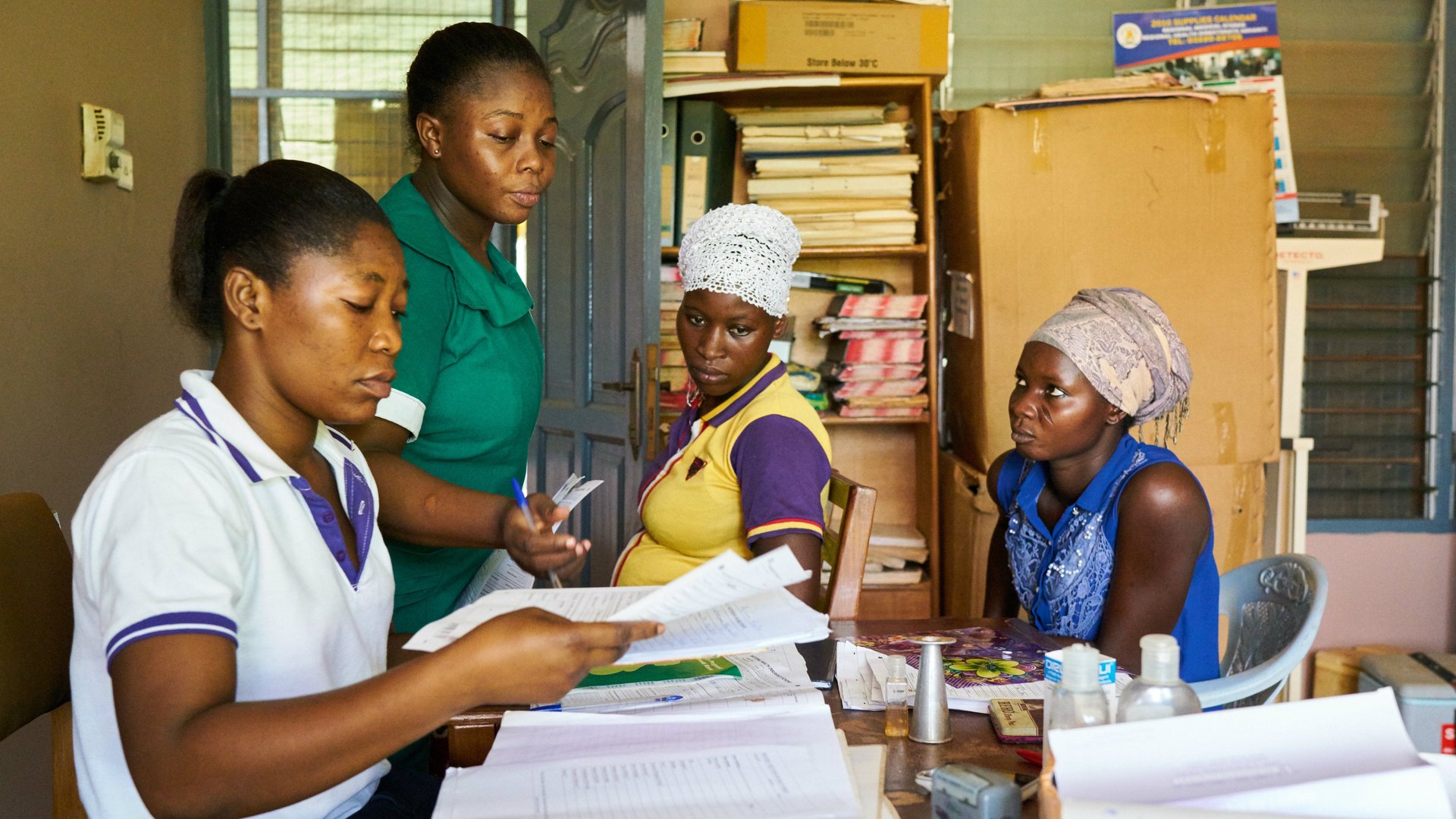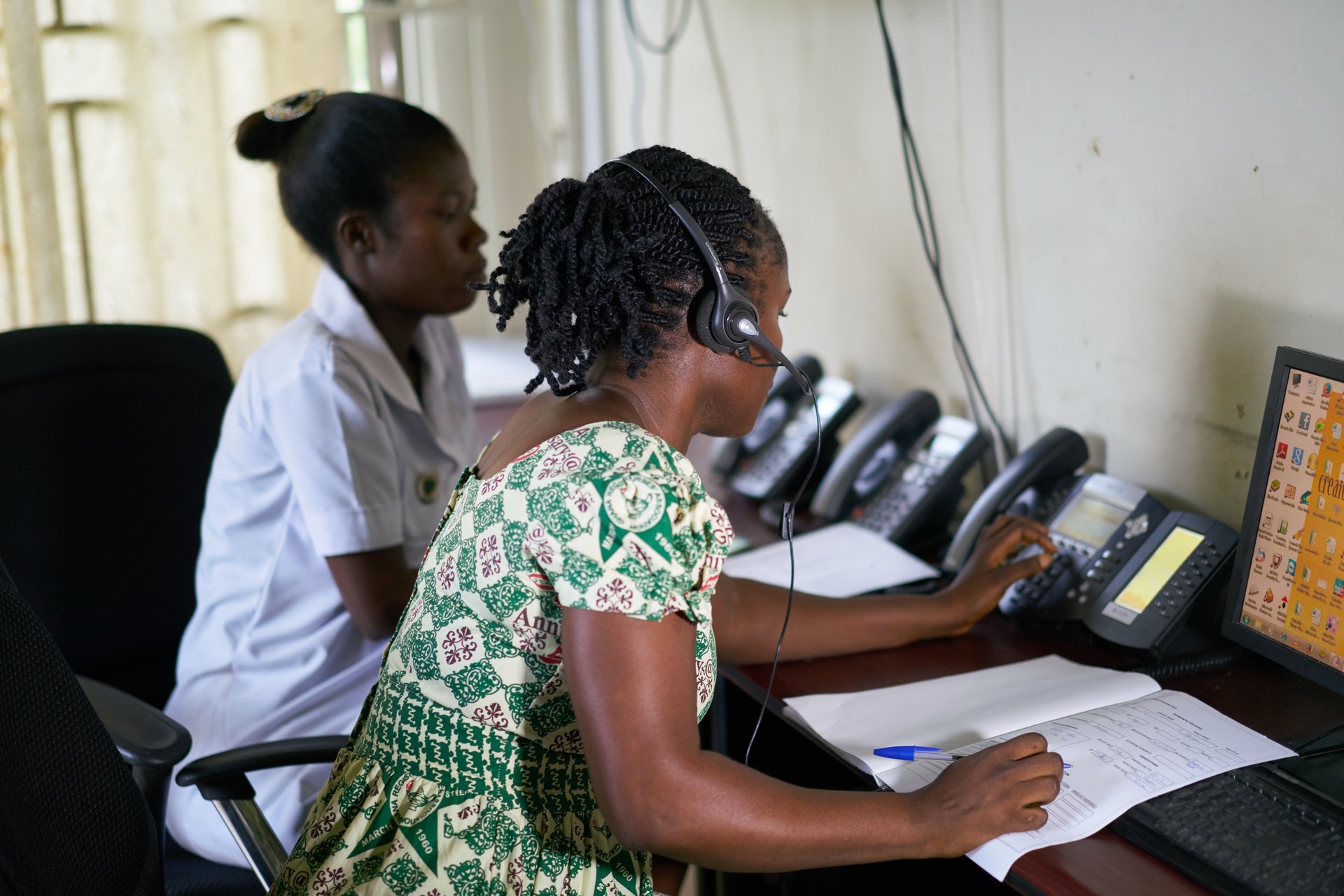Ghana is betting on telemedicine to help plug gaps in its rural healthcare system
Given the common problems with access to healthcare and the disparity in the distribution of health centers, several African countries are looking to mobile technology to bridge the gap. The process, broadly referred to as ‘telemedicine’, focuses on connecting health workers in small communities usually lacking in health equipment and capacity to experts in city health centers through mobile phones and, in some cases, the internet.


Given the common problems with access to healthcare and the disparity in the distribution of health centers, several African countries are looking to mobile technology to bridge the gap. The process, broadly referred to as ‘telemedicine’, focuses on connecting health workers in small communities usually lacking in health equipment and capacity to experts in city health centers through mobile phones and, in some cases, the internet.
While telemedicine is yet to gain traction broadly on the continent, some progress has been made in South Africa, Ethiopia and Mali but Ghana could top that list. The country’s health service and ministry have committed to scaling up a telemedicine pilot project that has proven successful in one of its regions.
Set up in Amansie West, a district in the Ashanti region, Ghana’s telemedicine model provides nurses in smaller clinics in parts of rural Ashanti with toll-free mobile phones with which they can call a teleconsultation center (TCC), manned around the clock with experienced nurses who can provide expert medical advice.

Run from 2011 to 2014, Ghana Health Service officials say 60% of calls in the pilot phase were maternity-related while 54% of the calls in 2013 were resolved by phone. In the past, those patients would likely have needed to embark on arduous journeys to get treatment. The effect has been two-fold as it markedly improved access to healthcare for patients in rural areas and also improved capacity and expertise for the health workers in the community clinics. During the three-year pilot phase, the TCC served only 30 communities in the Amansie West district but in 2015, it was scaled up to cover the entire district. The result: more calls and increased access to healthcare.
The pilot teleconsultation center was set up and funded by Novartis Foundation in partnership with Ghana’s Health Service. To this effect, three more TCCs have been already been set up in addition to the pilot. With the cost of setting up the TCCs pegged at $50,000, it represents a cheaper alternative to building well-equipped clinics across various regions.
But telemedicine is not without its challenges in Ghana. “Our biggest challenge will be funding for training workers across the country and maintaining equipment used in the TCCs,” Joseph Adomako, Ghana’s national telemedicine project manager tells me during a media trip to the pilot TCC at Amansie West. Adomako pegs the budget for training of community health workers across all regions alone at $6 million. The long term target to cover the entire country also means Ghana still needs to set up more TCCs. “We believe that we can service the entire country with six well-positioned TCCs,” Adomako says.
The long-term success of telemedicine in Ghana will also depend largely on consistent government support. While Novartis Foundation funded the set up of the pilot project, the government will have to ensure sustainability of the project, paying workers’ salaries and maintaining equipment. One of the ways to ensure sustainability is generating revenue through the project while not inadvertently creating a barrier to access in rural areas where the service is most impactful.
One model could see telemedicine centers receive payment for dispensing healthcare services to patients but being a new field Adomako says while the problem is being addressed, it remains “difficult” to receive payments from the national health insurance scheme for telemedicine services rendered to patients under coverage.